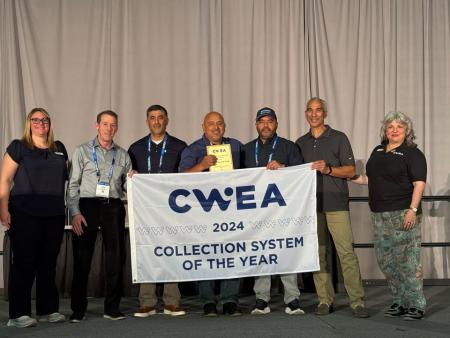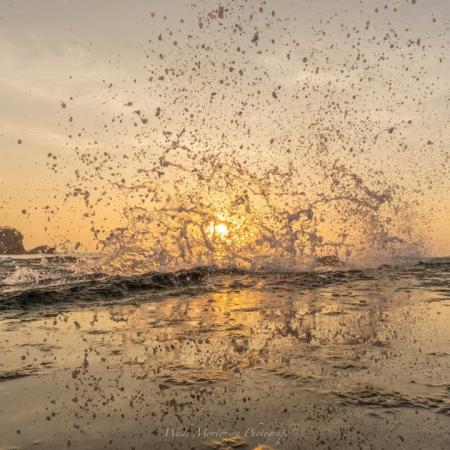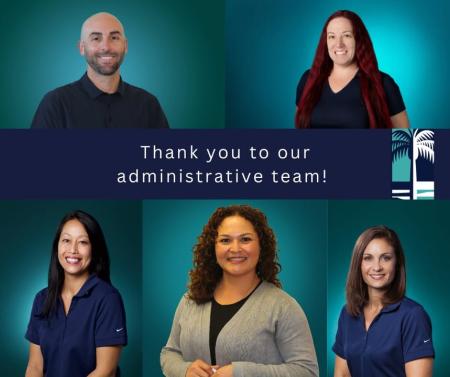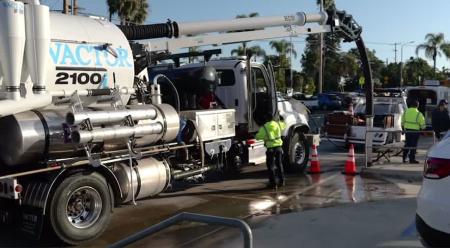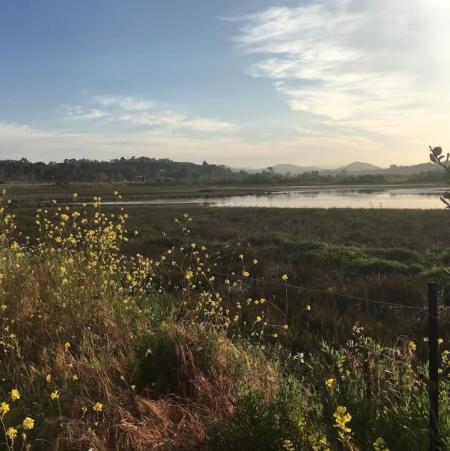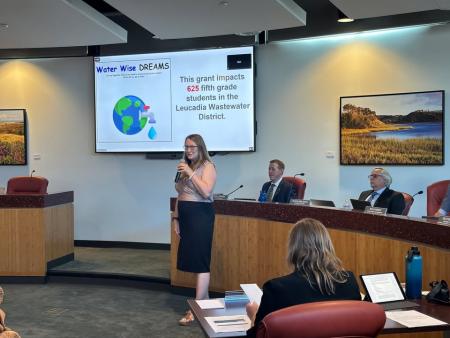Big win for LWD-again! 🎉
We’re proud to share that Leucadia Wastewater District has been awarded Small Collections System of the Year by the California Water Environment Association (CWEA)!
This statewide honor reflects our unwavering commitment to:
✅ Zero spills through proactive maintenance
✅ A top-tier safety record for our crews and community
✅ Environmental leadership across every mile of our system
Huge congratulations to our hardworking Field Services team. This one’s for you!

